DHT blocking shampoos: everything you need to know

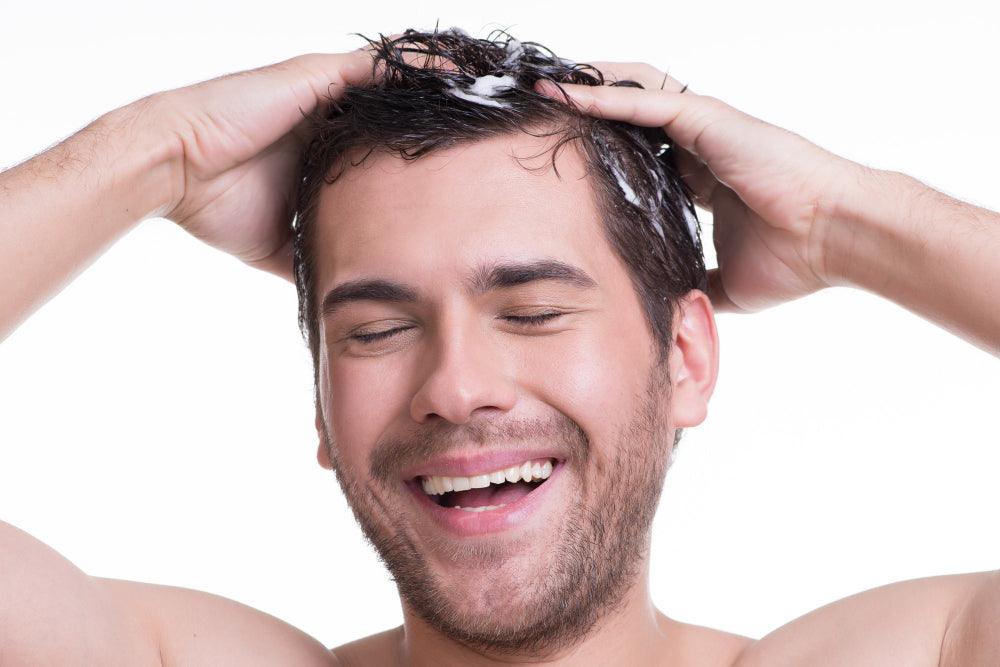
Related products
What’s covered?
DHT blocking shampoos: everything you need to know
Understand how a DHT blocking shampoo work.
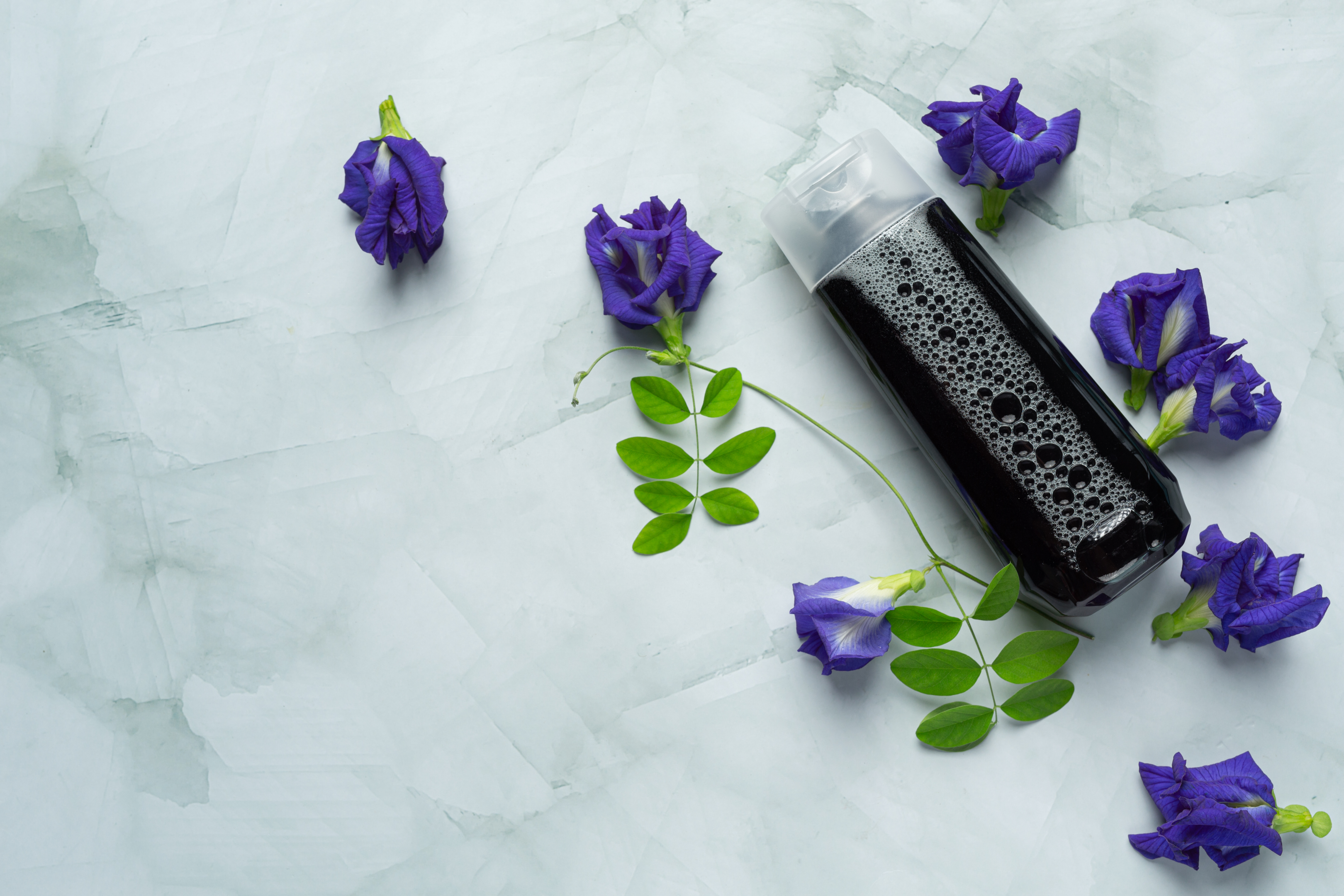
DHT is the abbreviation of dihydro testosterone, a hormone produced by the metabolism of testosterone in the body. Remember that testosterone is produced in all genders, and so is the DHT. However, its production in men is much higher. This DHT is one of the culprits behind thinning hair and there are products sold that can treat hair loss.
What does DHT do to your hair?
The DHT receptors are present in whole body. In androgenic alopecia (female and male pattern baldness), some people have more receptors of DHT, particularly in their scalp and hair follicles. So, these people are more sensitive to it. The DHT attaches to these receptors and causes the hair follicles to shrink. This process is called the miniaturisation of hair follicles.
The hair follicles slowly become thinner, and hair growth is restricted. The hairs continue to evolve slim and slender, resulting in hair loss.
What is a DHT-blocking shampoo?
It is just like ordinary shampoo. However, some DHT blockers are added to it. These agents block the DHT present in the scalp and reduce the process of miniaturisation. These shampoos are marketed with a claim to promote hair growth. How do these shampoos block DHT? There are many ingredients in these shampoos that have the potential to stop and even reverse hair loss. These ingredients absorb and work locally.
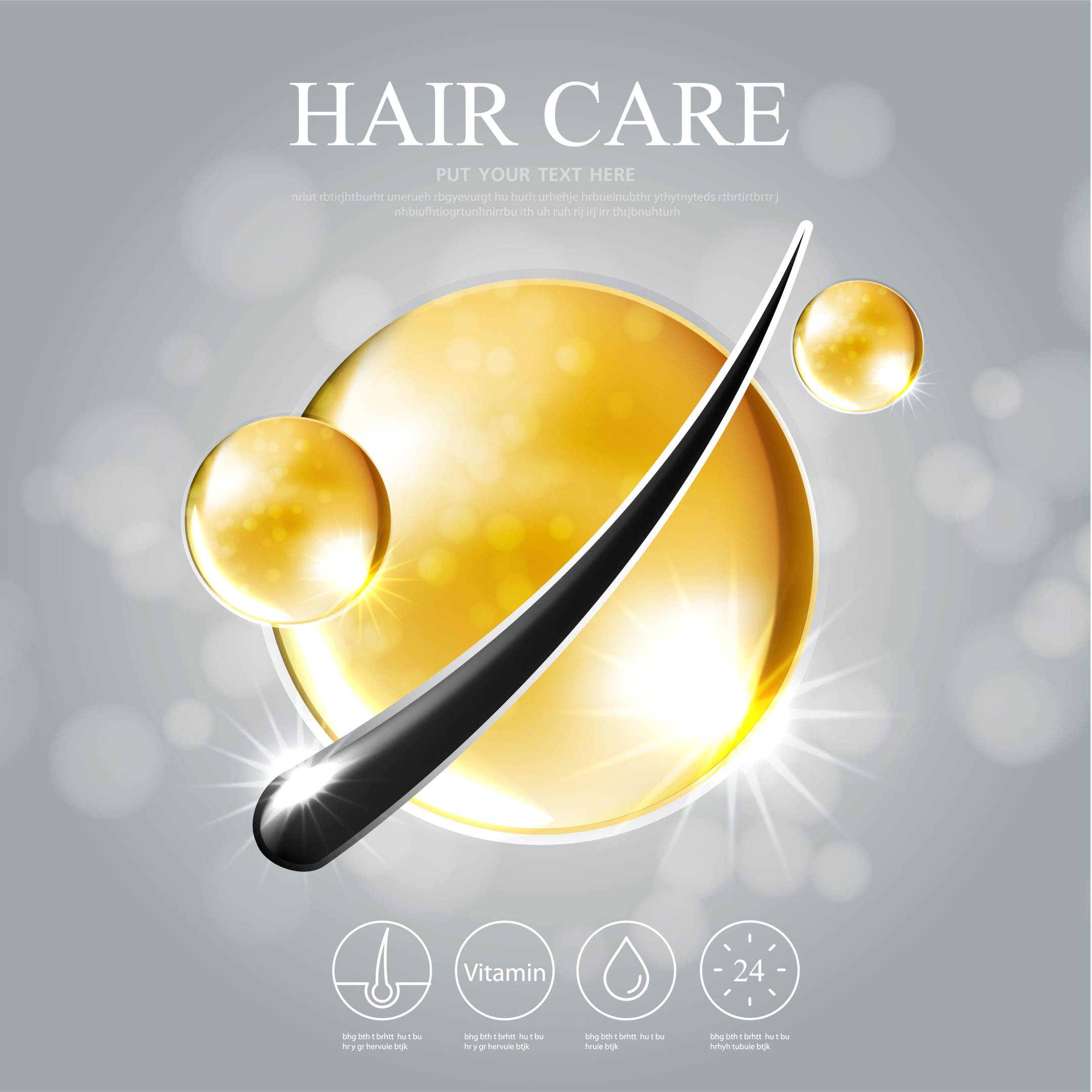
These shampoos are available in a variety of formulations and brands. You should know the active ingredients present in these shampoos.
The active ingredients in DHT blocking shampoos
These shampoos have a variety of active ingredients, e.g., plant extracts, exotic oils, pumpkin seed oil, rosemary oil, vitamins (biotin), ketoconazole, tea tree oil, saw palmetto etc., which promote hair growth. You should be aware of the active ingredients in the DHT shampoos because active ingredients are more important than beautiful packing and brands. Let's know what these ingredients do to your hair and scalp.
Ketoconazole
It is an anti-fungal compound used to treat ringworm (Tinea capitis), jock itch, athlete's foot etc. Why is it added to the shampoos? It dislodges the scales and skin flakes caused by dandruff. Besides, there is also some evidence that it blocks the synthesis of DHT, thus lowering its levels.
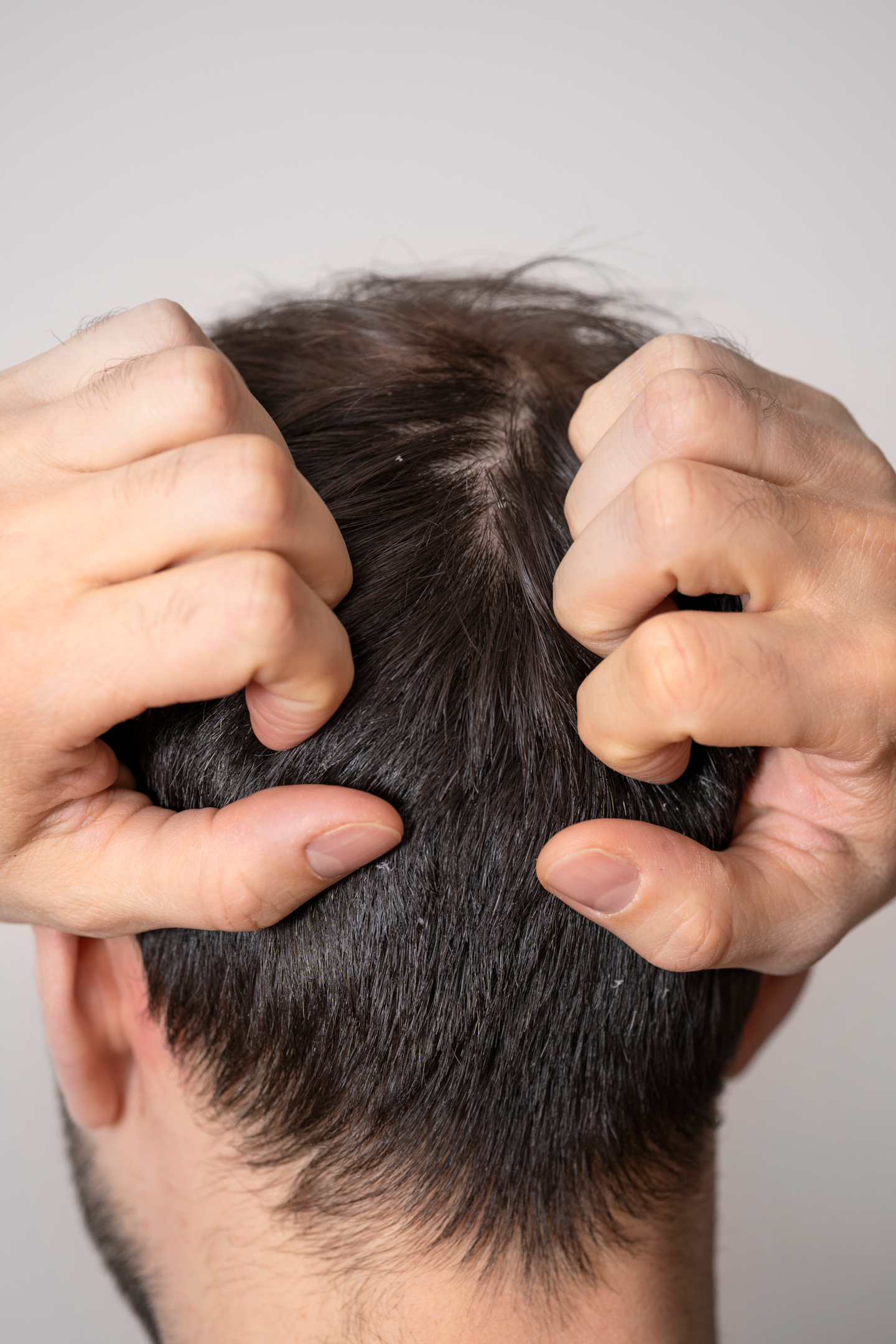
Research has found that ketoconazole effectively promotes healthy hair growth and strengthens hair follicles. A 2020 review published in the Dermatological Therapy found that it helps hair growth. A total of 5 human studies, including 318 participants, were reviewed, and it was found that the use of topical ketoconazole resulted in an increased diameter of the hair shaft.
However, these studies mostly involve small groups and rarely qualify as high-impact studies. Some evidence exists that it blocks DHT from attaching to the hair follicle.
Saw palmetto
It is a natural compound extracted from the Serenoa repens plant, and some studies have shown that it helps in hair loss due to its anti-androgenic properties. It is a part of many anti-hair fall shampoos and is also available as oral capsules. Although the data is limited, some think it reduces the concentration of DHT by reducing the conversion of testosterone into DHT.

A systemic review published in 2020 found that oral and topical use of saw palmetto produced a 27% increase in the total hair count and a 60% improvement in hair quality. These results were attributed to its anti-DHT properties.
Pumpkin seed oil
It is one of the natural ingredients that work best for hair loss in men. This oil is known to block the enzyme 5-alpha reductase. This enzyme is involved in the conversion of testosterone into DHT.
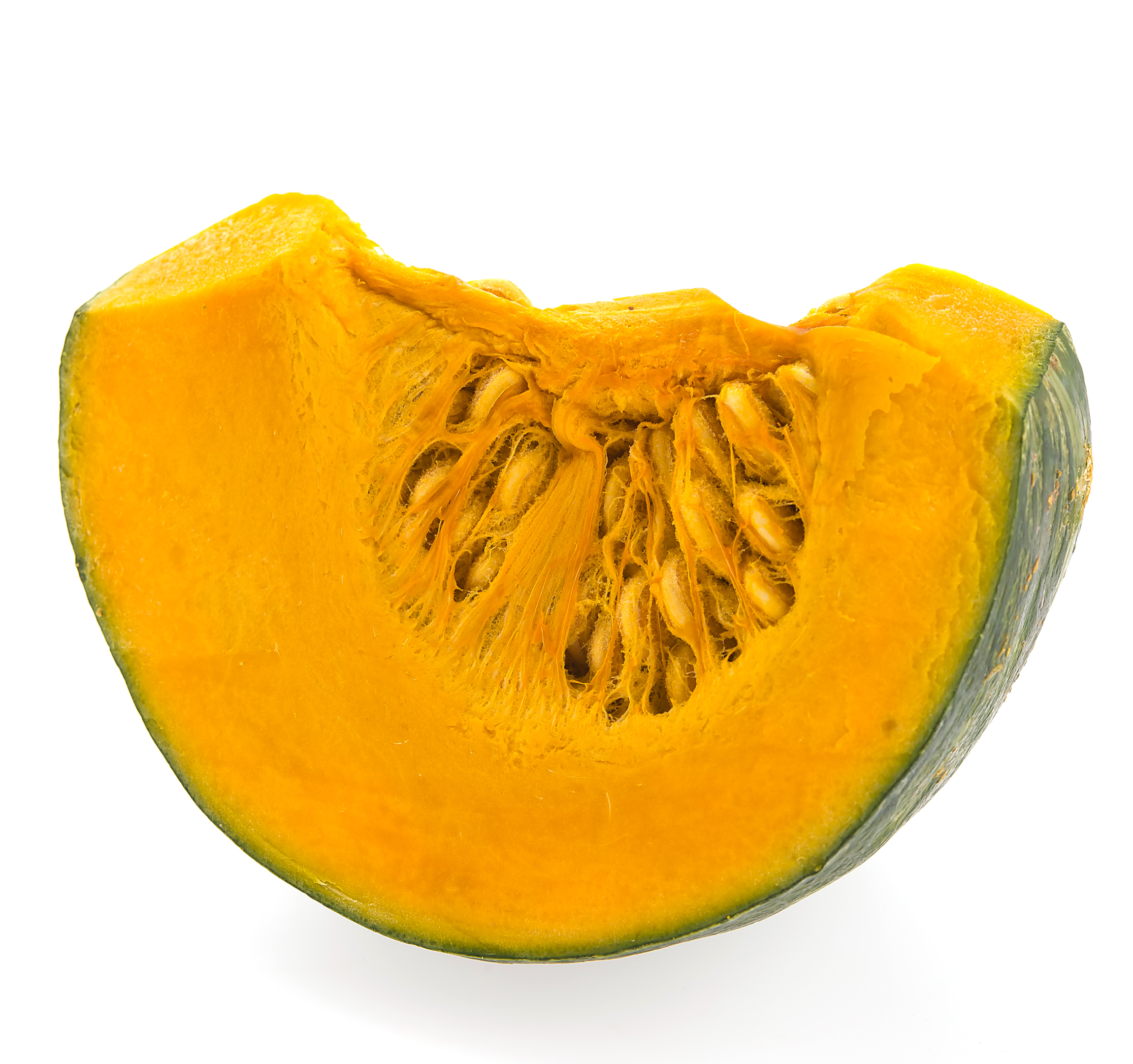
A study published in 2014 found that using pumpkin seed oil supplements increased hair growth. The 76 participants in the study received 400 mg of pumpkin seed oil regularly for 24 weeks. A 40% increase in the mean hair count was noted.
Other useful ingredients in DHT-blocking shampoo
Besides these ingredients, which are proven DHT blockers, these shampoos also include other components which promote hair growth. These are;
-
Vitamins, e.g., B7 (biotin), B8, B12, A, D, etc., promote hair growth. Lavender oil is also added, which is a vitamin-rich oil.
-
Tea tree oil fights the scalp's irritating fungi. A 2002 study found that a shampoo containing 5% tea tree oil effectively treats dandruff.
-
Rosemary oil improves circulation in the scalp.
These ingredients promote hair growth and help in the treatment of hair loss.
How to select the best shampoo for you?
Choosing the right product requires a thorough understanding of your problem. Before selecting a product, you should;
-
Keep your expectations limited and realistic.
-
Always use a conditioner which strengthens and moisturises the scalp,
-
Combine it with other hair loss products, e.g., minoxidil and finasteride, for better results.
-
Read the customer reviews before selecting.
-
Carefully read the ingredient list, see if you are allergic to any of them, and choose a product with effective, safe, and proven ingredients.
-
Verify the claims made by the manufacturer.
Bottom-line
You can lose hair due to a variety of reasons. Many shampoos are enriched with the ingredients that promote hair growth by blocking DHT, the main cause of male pattern hair loss.
The scientific evidence is limited. However, some ingredients in these shampoos are known to promote hair growth. However, it is better to use it with other hair fall products after consulting the dermatologist.

You can choose the DHT-blocking shampoos after carefully examining their ingredients.
To know more about hair loss treatments, click here. We also provide hair products and consultation services at Welzo. Click here to view our services.



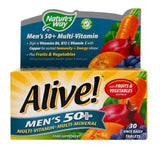


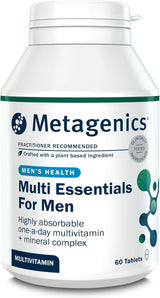
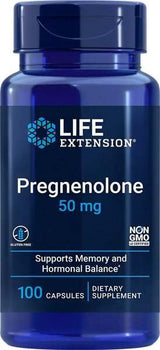
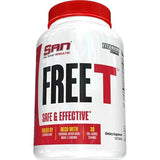

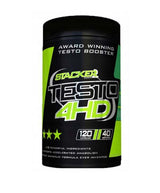
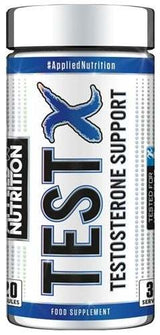
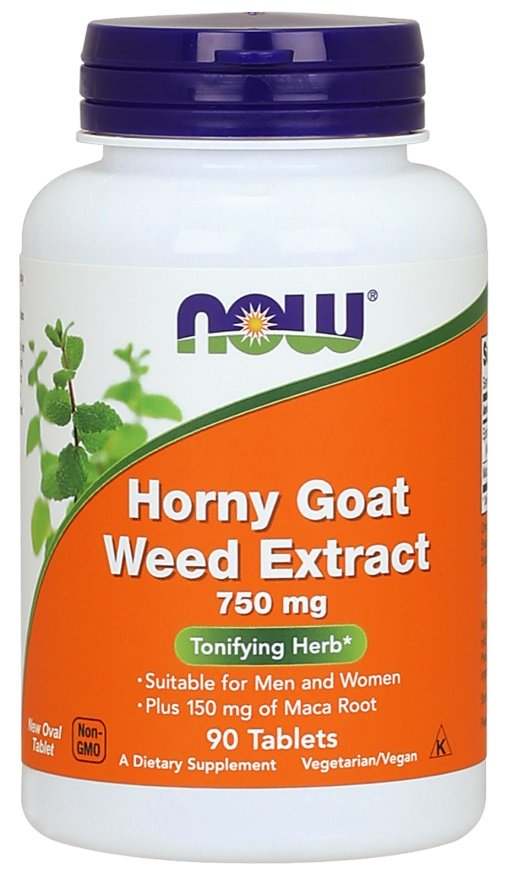

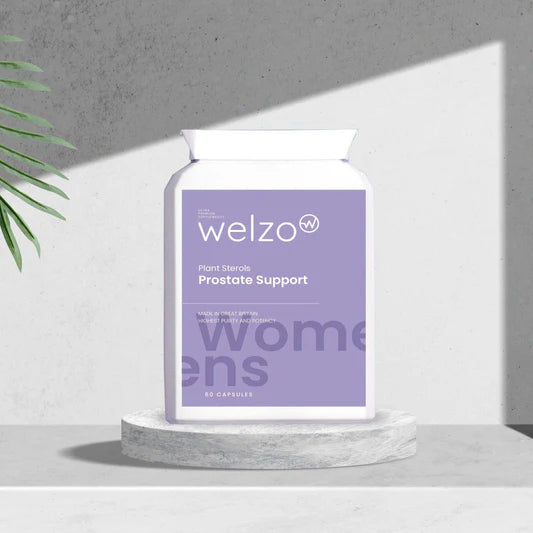



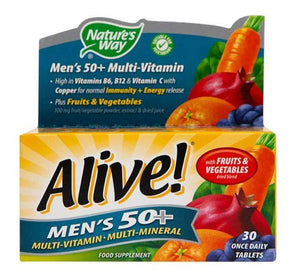



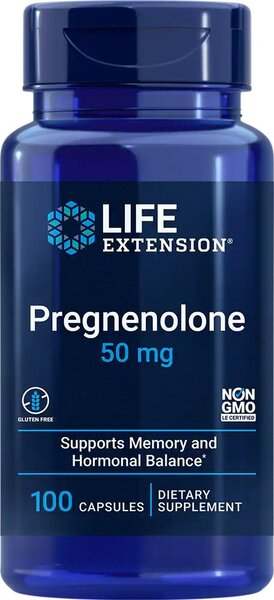
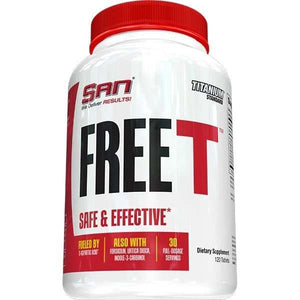
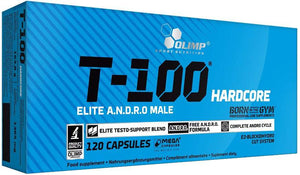
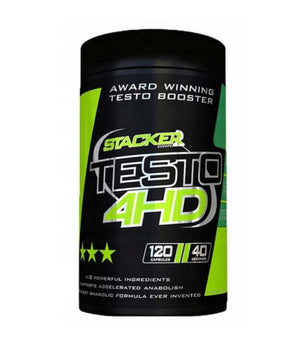
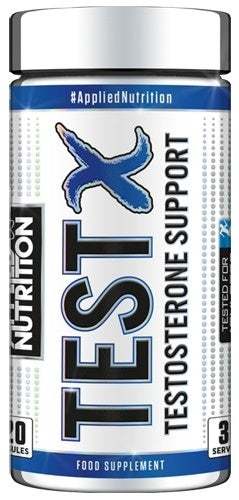





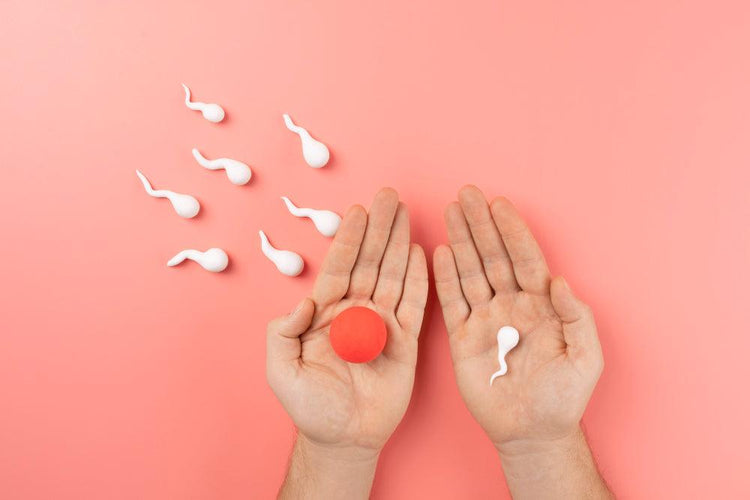

 Rated Excellent by 26,523+ Reviews
Rated Excellent by 26,523+ Reviews